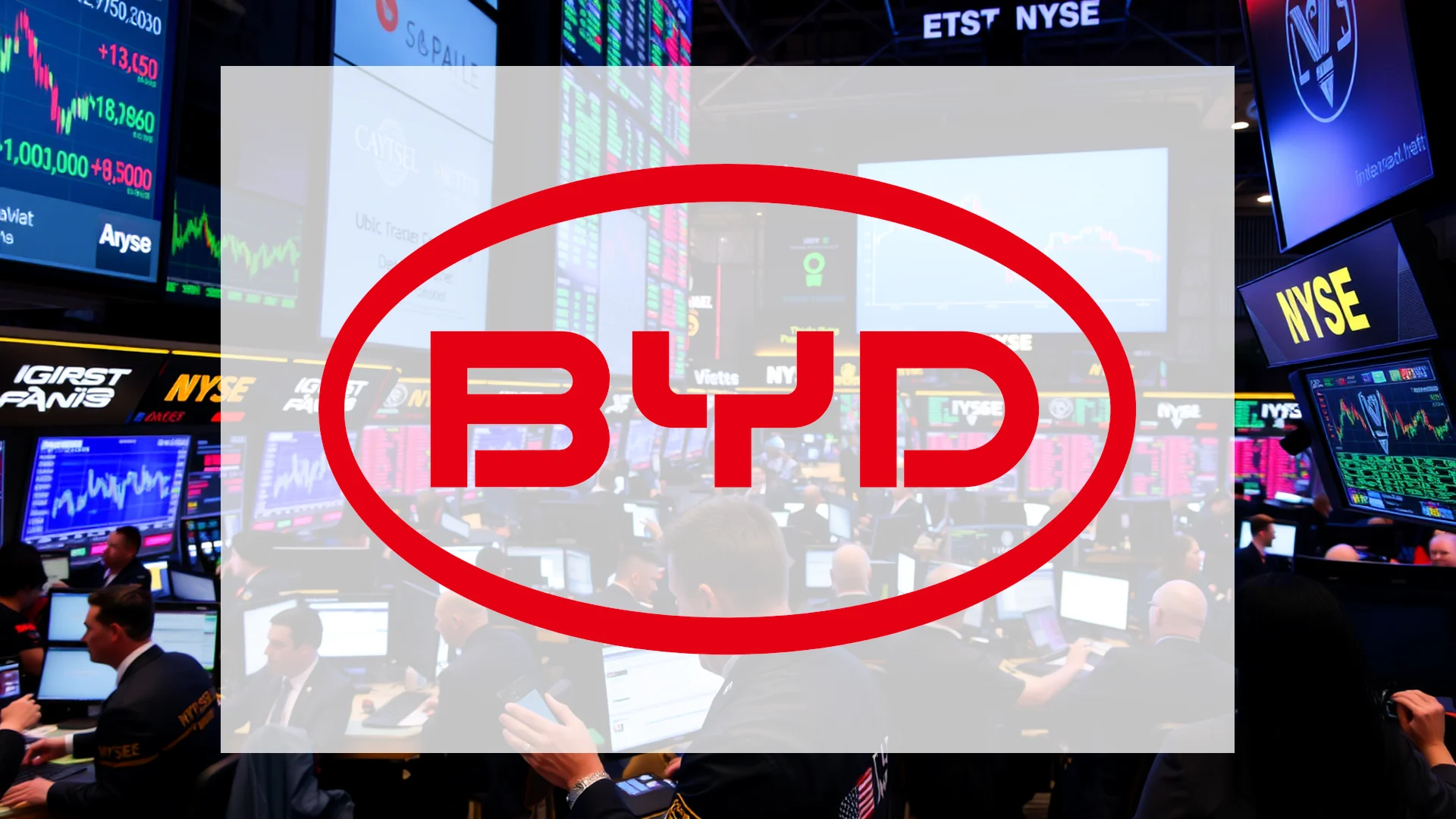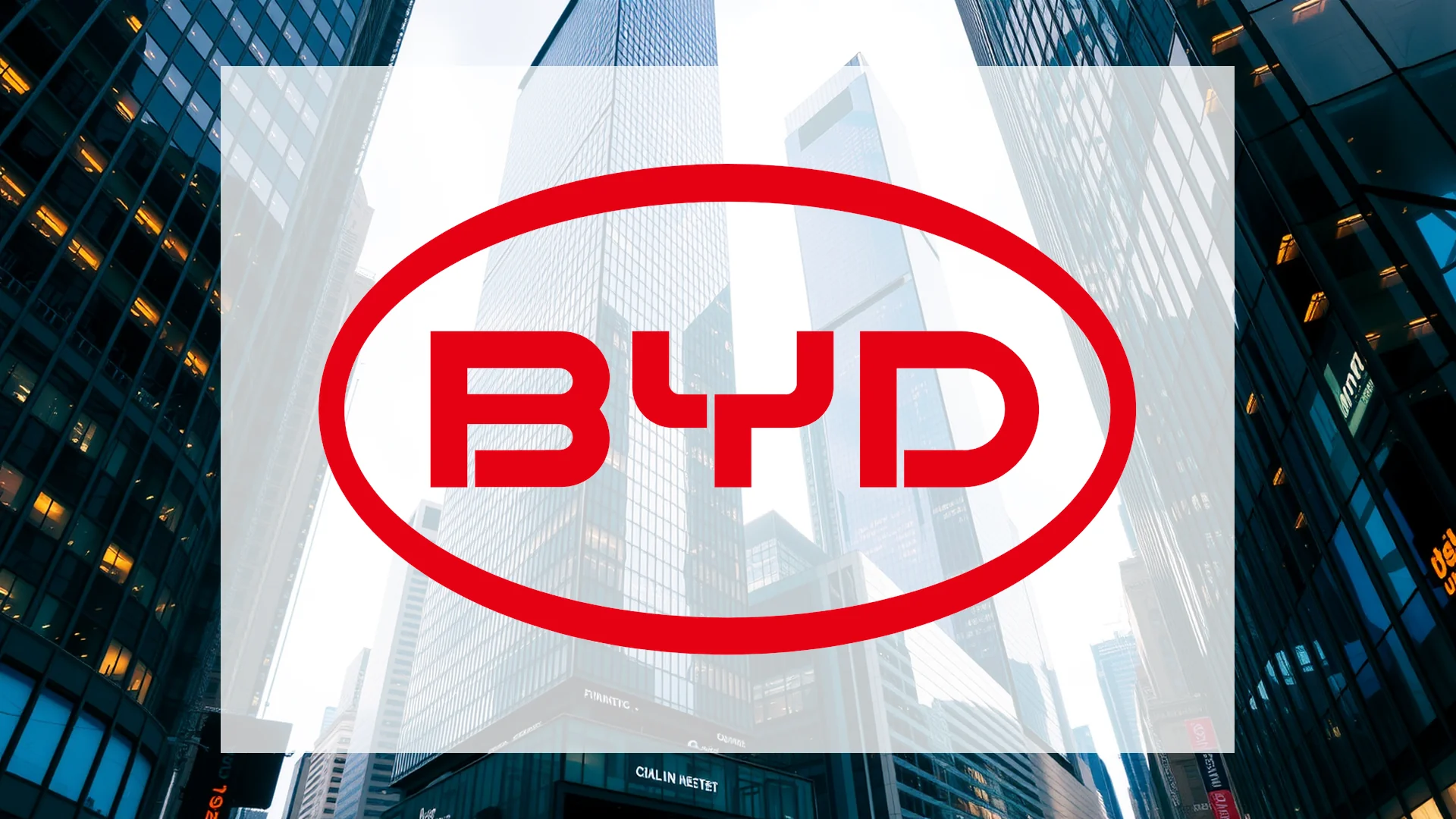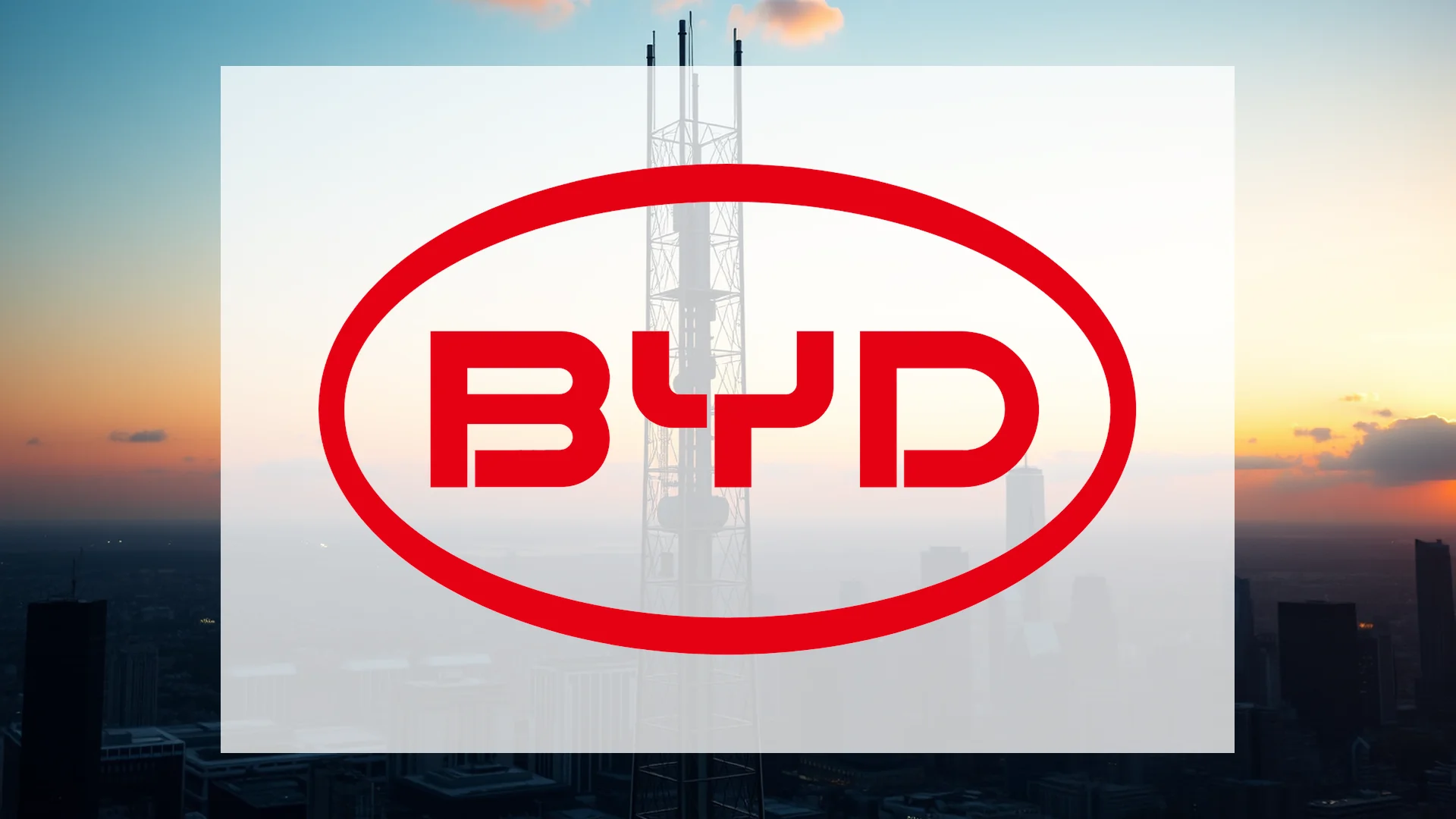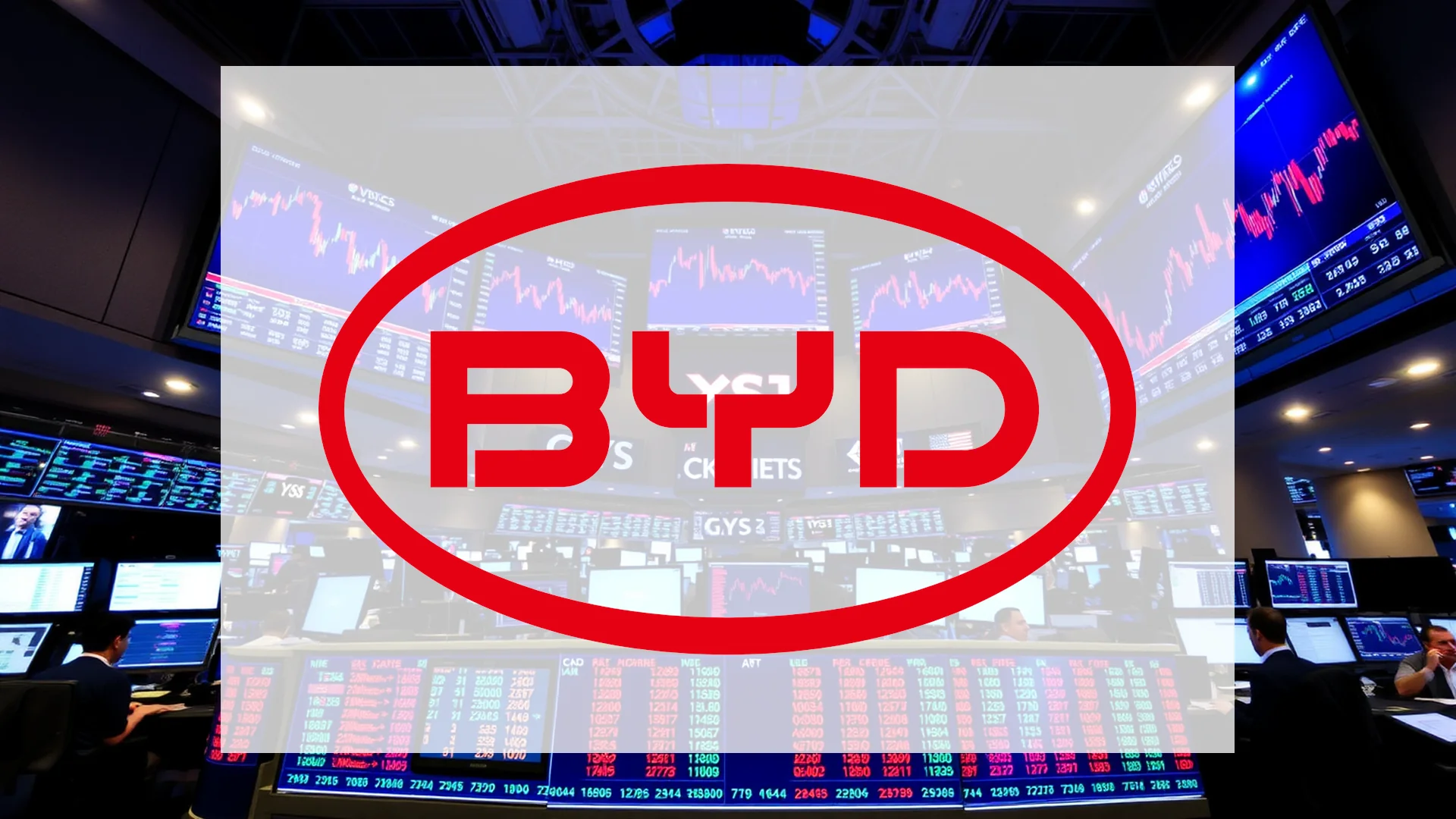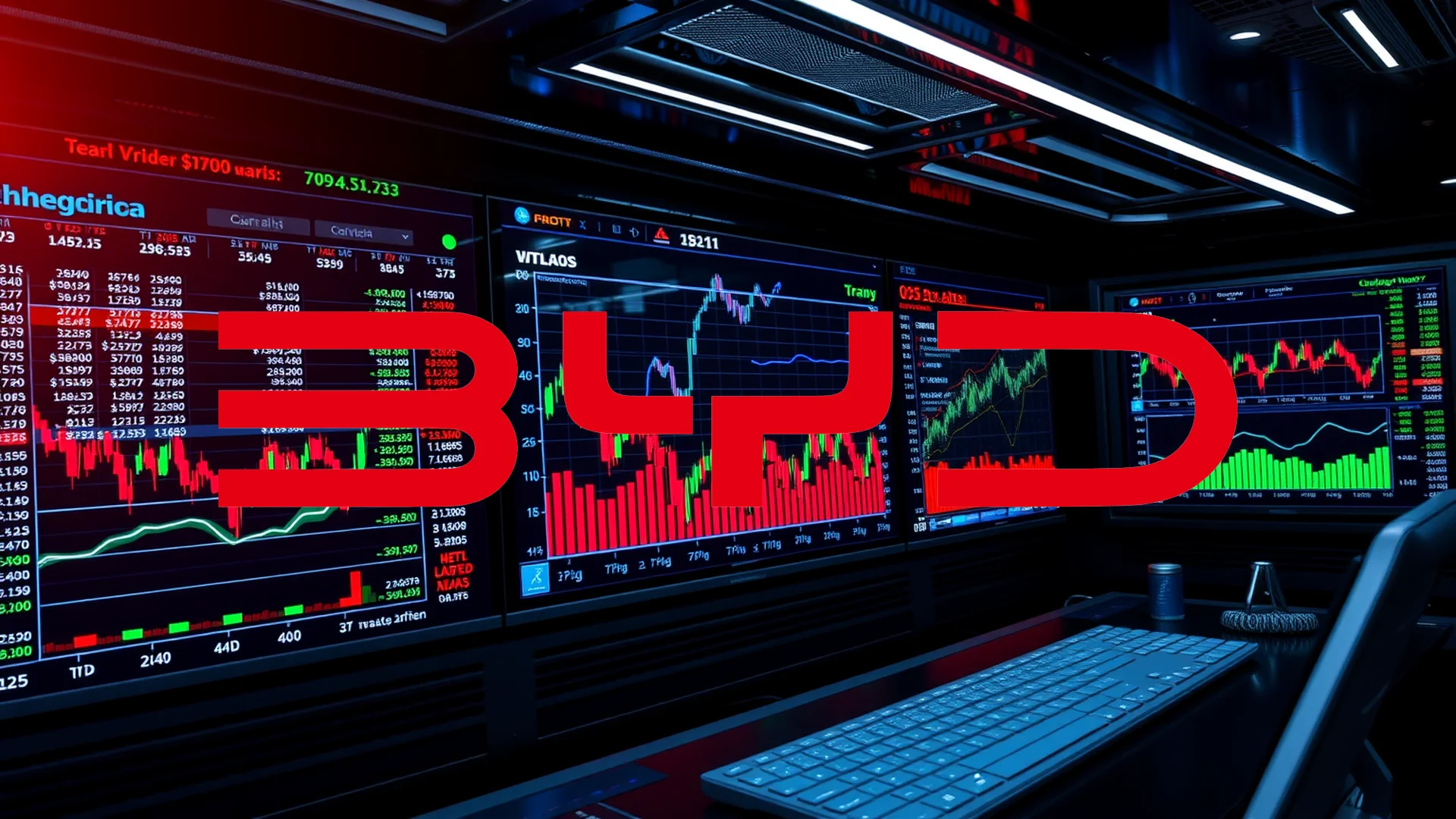
BYD’s stock is experiencing significant downward pressure following the announcement of an immediate recall affecting nearly 90,000 vehicles due to critical battery safety defects. China’s State Administration for Market Regulation confirmed the action early Friday, marking the automotive giant’s third substantial quality-related incident this year. This development arrives as BYD attempts to establish its new models in Hong Kong, creating turbulent conditions for investors who now confront a challenging mix of soaring warranty expenses, contracting profit margins, and escalating geopolitical friction with the United States.
Mounting Operational and Financial Strain
The company faces these operational difficulties during a period of financial vulnerability. Despite its commanding global presence, BYD’s profitability is visibly weakening.
Investors are now processing several critical data points:
* Plummeting Profits: Third-quarter net profit witnessed a dramatic 33% year-over-year decline.
* Sales Contraction: October delivery figures dropped by 12% compared to the same period last year.
* Soaring Costs: The expensive process of replacing tens of thousands of battery packs is expected to directly pressure operating margins in upcoming quarters.
* Substantial Recall: A total of 88,981 vehicles are required to return to service centers specifically to address the current battery issue.
The intense price competition within China’s electric vehicle sector is now colliding with rising quality control expenditures. The outlook for 2026 appears increasingly grim, as maintaining equilibrium between aggressive market share growth and profitability becomes more complex.
Escalating Quality Control Concerns
Market sentiment has deteriorated sharply. The primary catalyst is the recall of 88,981 Qin PLUS DM-i plug-in hybrid vehicles. Regulatory investigations uncovered flaws in the manufacturing process of battery packs installed in vehicles produced from January 2021 through September 2023.
Should investors sell immediately? Or is it worth buying BYD?
Specifically, inconsistencies in battery voltage can lead to power degradation or, in worst-case scenarios, a complete failure of the electric powertrain while driving—posing a genuine safety hazard. BYD has committed to replacing the defective packs and performing necessary software updates at no cost to consumers. However, the problem appears systemic. This latest event brings the total number of vehicles recalled in 2025 to over 210,000. Just last month, approximately 116,000 Tang and Yuan Pro models were recalled for separate design flaws. This pattern raises serious questions about whether the company’s rapid production scaling has compromised quality standards.
Geopolitical Headwinds Intensify
As BYD grapples with domestic quality issues, it continues to push its international expansion. The company officially launched sales of its SEAL 6 sedan in Hong Kong today, introducing it at an aggressive starting price of 158,000 HKD in a bid to capture market share from competitors like Tesla.
Internationally, however, significant challenges are emerging. According to various reports, the U.S. Pentagon is considering adding BYD to its “Section 1260H” list. Such a designation would label the firm as a supporter of China’s military apparatus. While this would not constitute an immediate ban, the associated reputational damage could be substantial, potentially compelling institutional investors to divest their holdings.
The convergence of safety defects, declining earnings, and political pressure is generating clear sell signals for the market. Investors are now pricing in the reality that the relentless drive for volume growth may be compromising product quality. The central question remains: are these battery defects an isolated incident, or are they symptomatic of an overstretched supply chain that threatens the reliability of future models?
Ad
BYD Stock: Buy or Sell?! New BYD Analysis from February 28 delivers the answer:
The latest BYD figures speak for themselves: Urgent action needed for BYD investors. Is it worth buying or should you sell? Find out what to do now in the current free analysis from February 28.
BYD: Buy or sell? Read more here...
